
Empowering Africa’s Climate Future: Mobilizing Resources and Redefining Green Wealth at COP 29
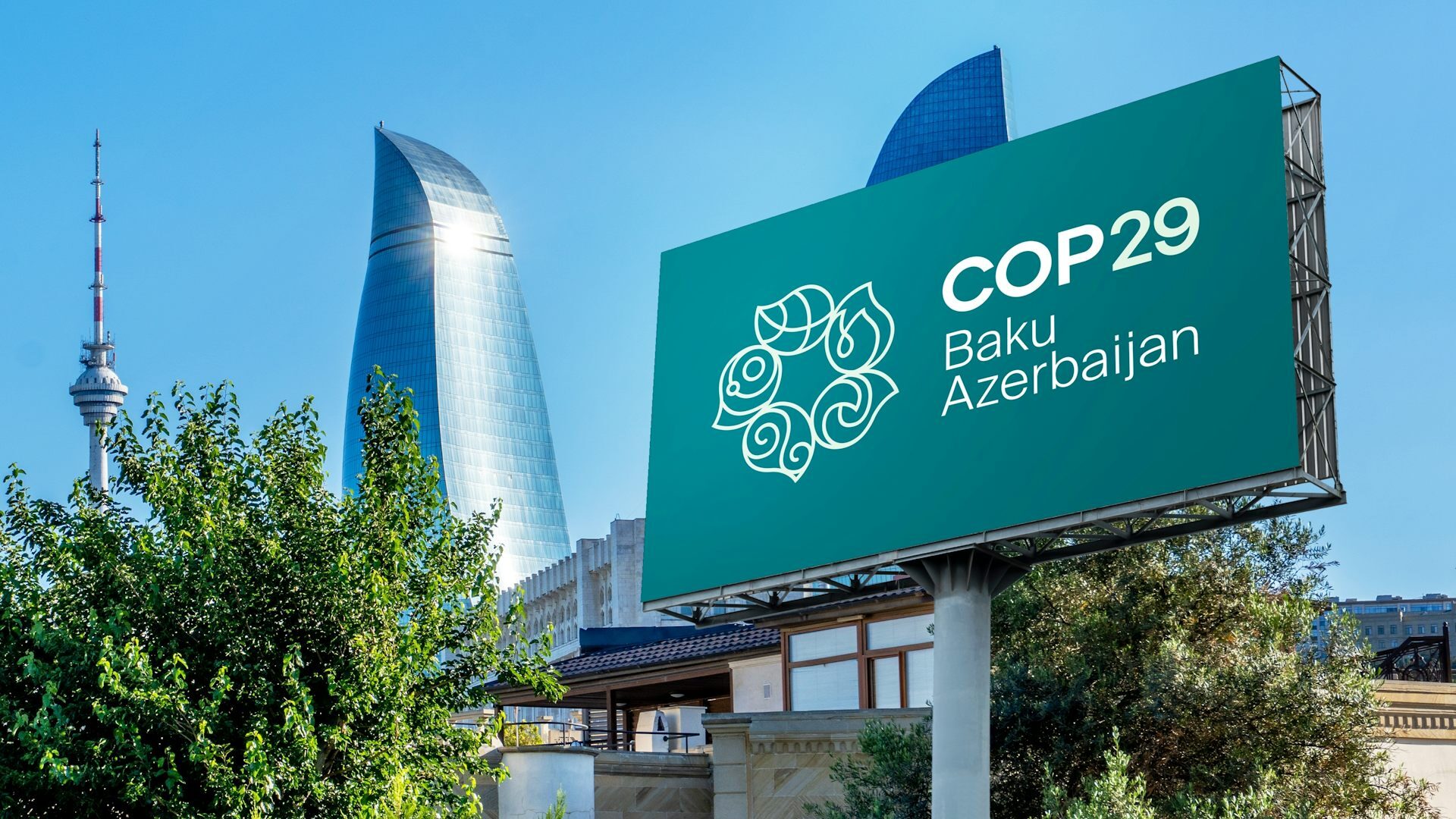
The world’s largest annual climate conference opened on Monday, November 11, in Baku, Azerbaijan, as African countries ramp up efforts to combat climate change. At COP 29, the African Development Bank aims to mobilize additional resources for climate action in Africa and launch a bold new approach to assess African economies by factoring in their "green wealth."
Organized by the United Nations Framework Convention on Climate Change Secretariat, COP 29 follows the historic decision last year at COP 28 to create a Loss and Damage Fund. This year’s summit, dubbed the “Finance COP,” will see countries negotiate new climate finance targets.
Africa, with its vast carbon-sequestering forests and resources ripe for green growth, has immense potential to promote clean energy access. Yet, sub-Saharan Africa receives less than 3% of global climate finance, hampering efforts to advance national adaptation plans and nationally determined contributions under the Paris Agreement.
“Africa should not be green-poor. Africa should be green-rich with a proper valuation of its vast contributions to global environmental services,” stated the African Development Bank Group President, Akinwumi Adesina, at a meeting of African ministers ahead of COP 29.
To achieve this green wealth, Mr. Adesina advocates recalibrating African countries' GDPs to reflect natural assets such as forests and carbon sinks. This recalibration could reveal a significantly higher GDP that more accurately reflects Africa’s environmental contributions.
COP 29 will provide a platform for African leaders to showcase the “Measuring Africa’s Green Wealth” initiative, which could redefine African economies. Preliminary estimates from the African Development Bank indicate that adjusting for carbon sequestration alone could have boosted Africa’s nominal GDP by .1 billion in 2022, a 2.2% increase. Six Congo Basin countries (Cameroon, Central African Republic, Democratic Republic of Congo, Republic of Congo, Equatorial Guinea, and Gabon) accounted for nearly 64% of this increase.
“This means that countries can have greater flexibility to secure more funding and invest in greening their economies. Therefore, such an approach is crucial for recalculating Africa’s debt sustainability,” Adesina said.
Participating countries expressed strong support at the meeting, with the Republic of Congo and Kenya leading this initiative.
Mr. Adesina called for the summit outcomes to be presented to the African Union summit next year.
Mobilizing Additional Resources to Help African Countries Combat Climate Change
Africa receives only 3-4% of global climate finance, yet it is home to 9 of the 10 most climate-vulnerable countries. Increasing the share of climate finance allocated to African countries is a major reason for the Bank’s presence at COP 29.
On Wednesday, November 13, the African Development Fund’s Climate Action Window will host a session discussing how to unlock climate finance for Africa’s vulnerable communities through this essential branch of the Bank. Established as part of the Fund’s 16th replenishment cycle, the Climate Action Window aims to help bridge Africa’s significant climate finance gap.
Other high-level events are planned, including a session today, Wednesday, titled “Measuring African Countries’ Green Wealth,” with heads of state and government participating, followed by a green wealth report launch. The Bank will also host an event to mobilize support for Mission 300, a joint initiative with the World Bank Group and partners to connect 300 million people to electricity in Africa by 2030.
The African Union and the Government of Tanzania will organize a high-level side event on clean cooking, titled “Addressing Clean Cooking Challenges in Africa: A Call to African Leadership.” It will emphasize the urgent need for political leadership, innovative partnerships, and substantial financial investments to achieve clean, sustainable cooking solutions across Africa.





.jpg) Equipe de rédaction
Equipe de rédaction 


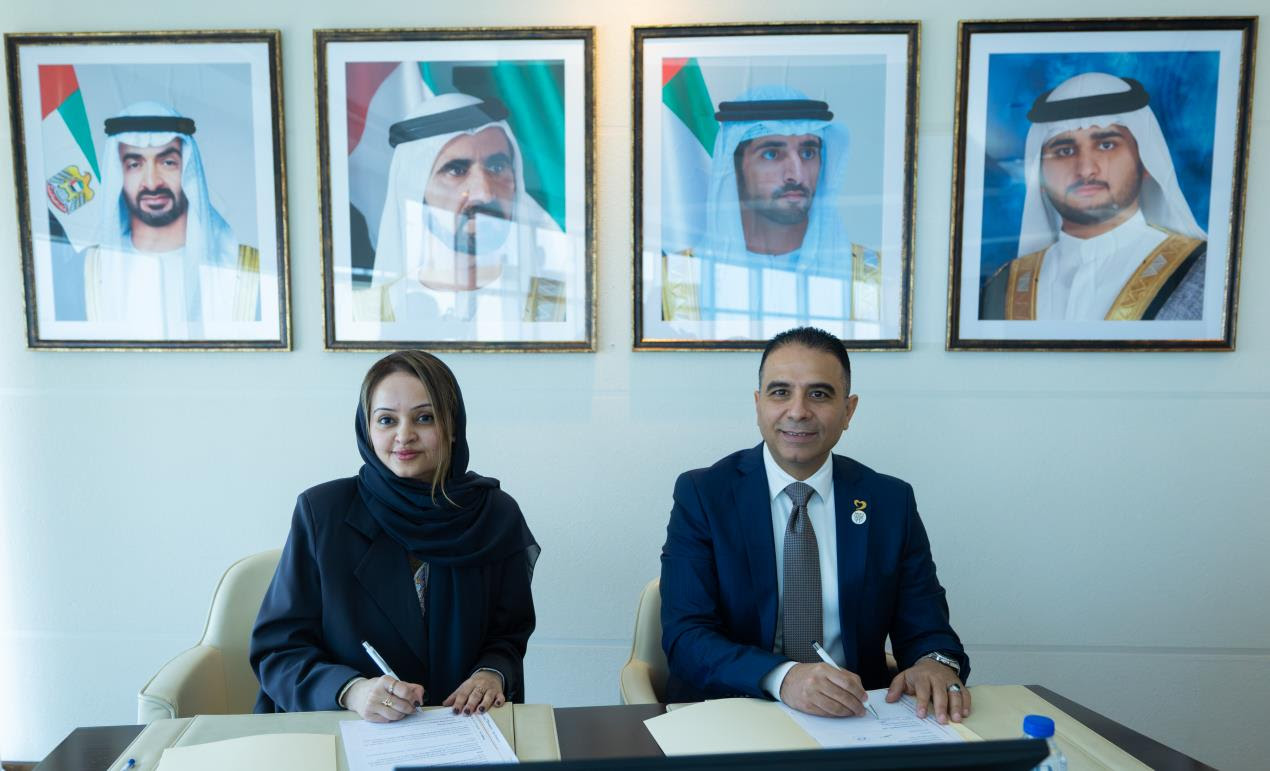

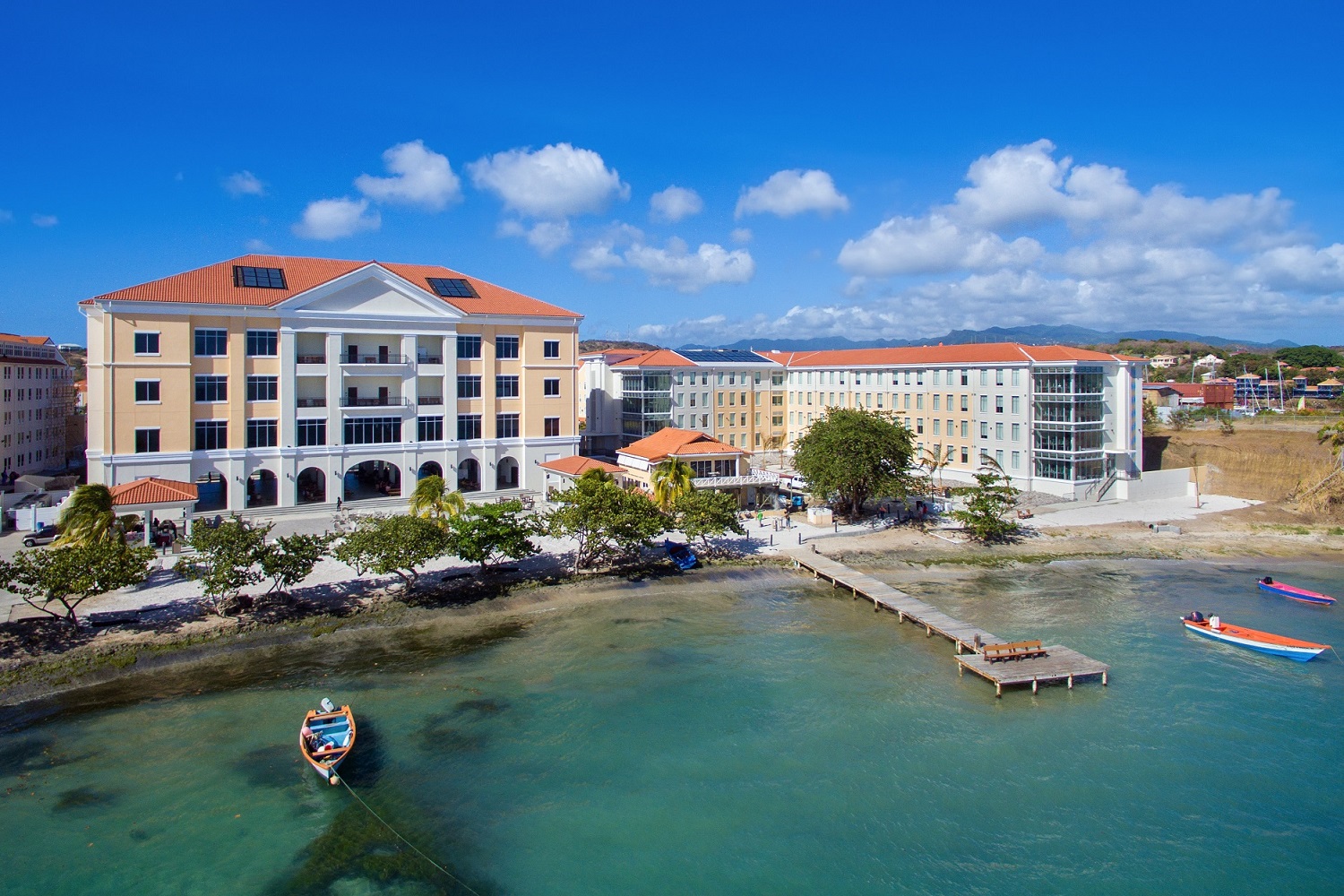

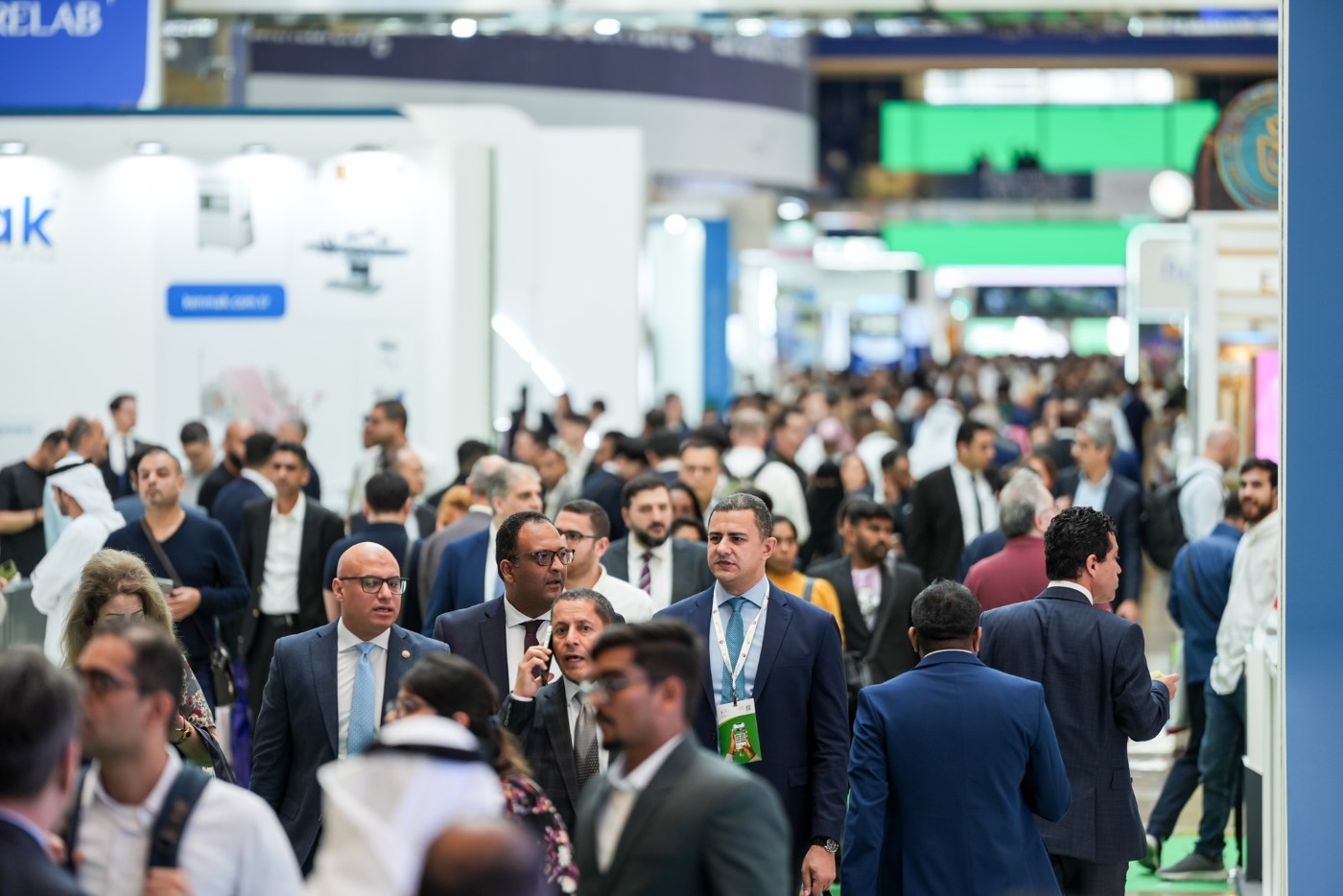

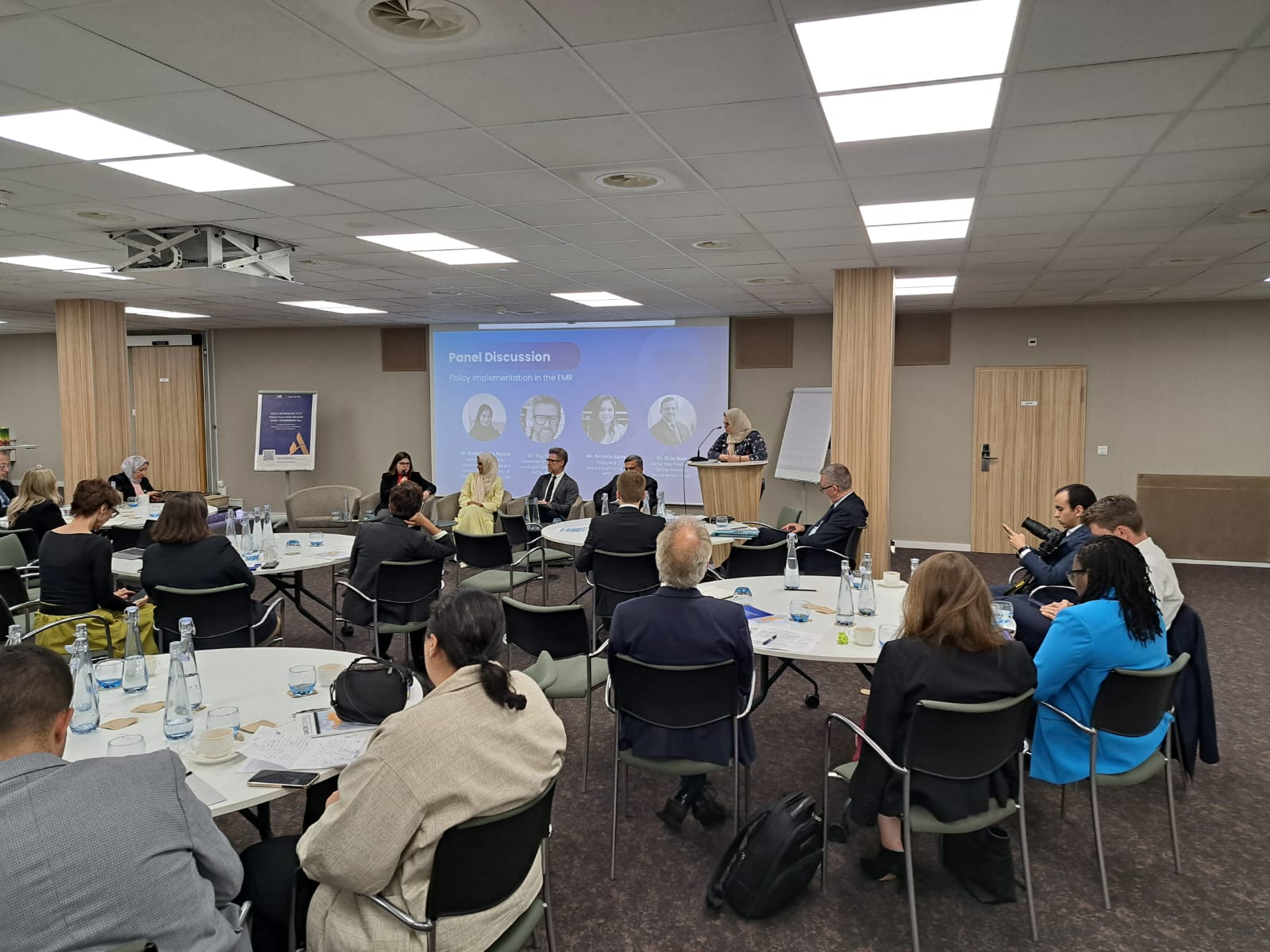

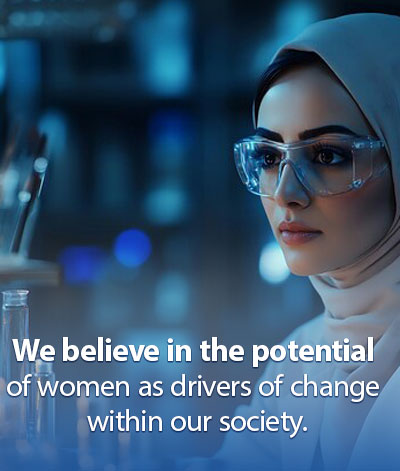

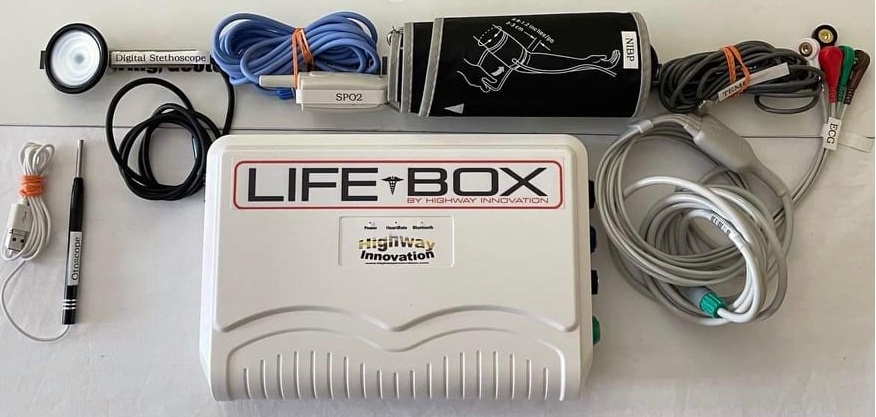
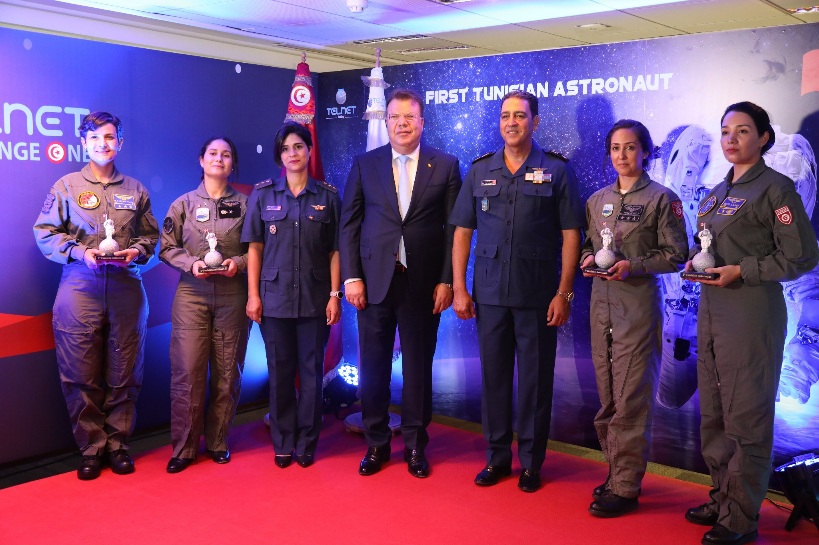
.jpg)
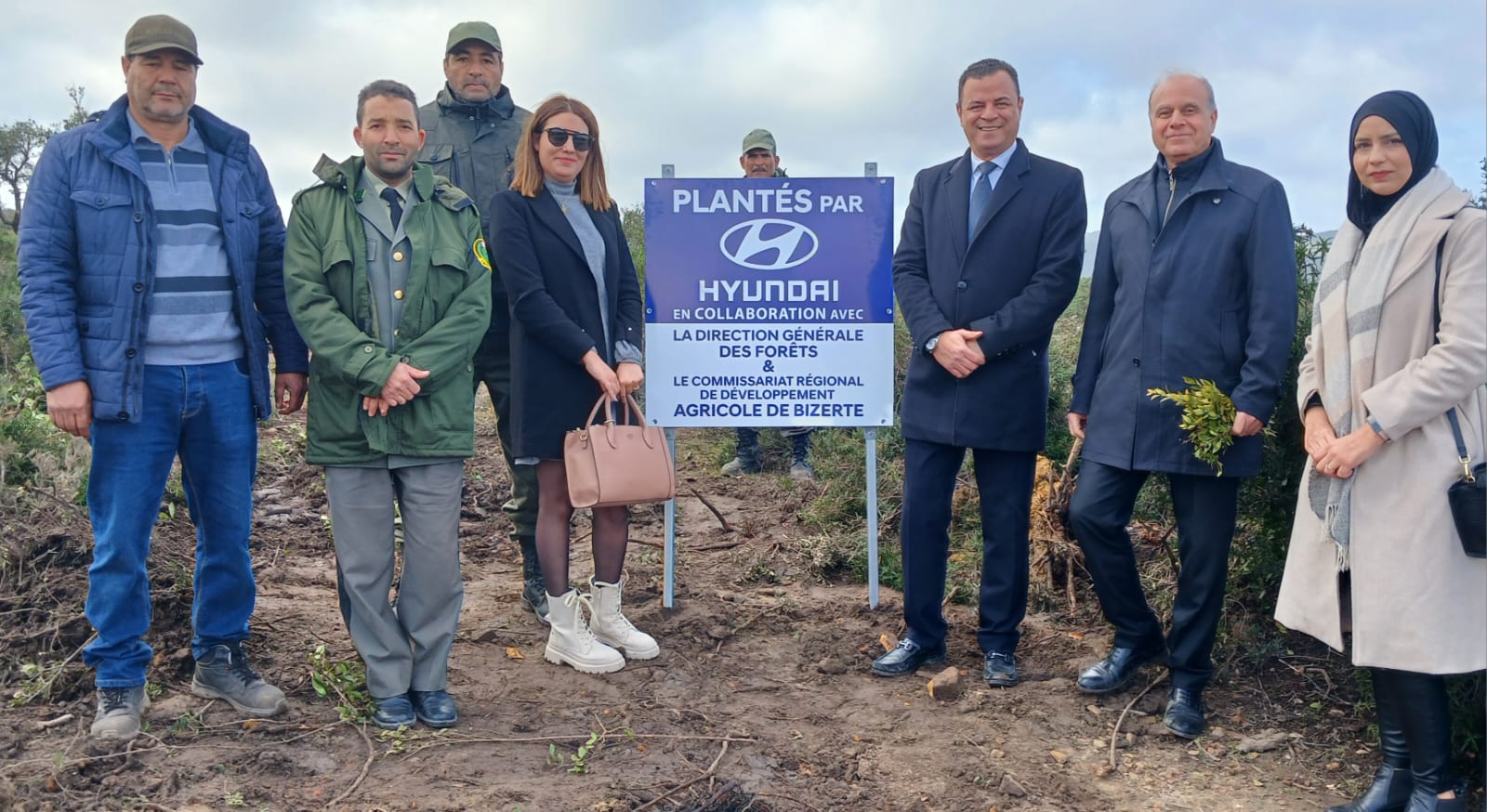
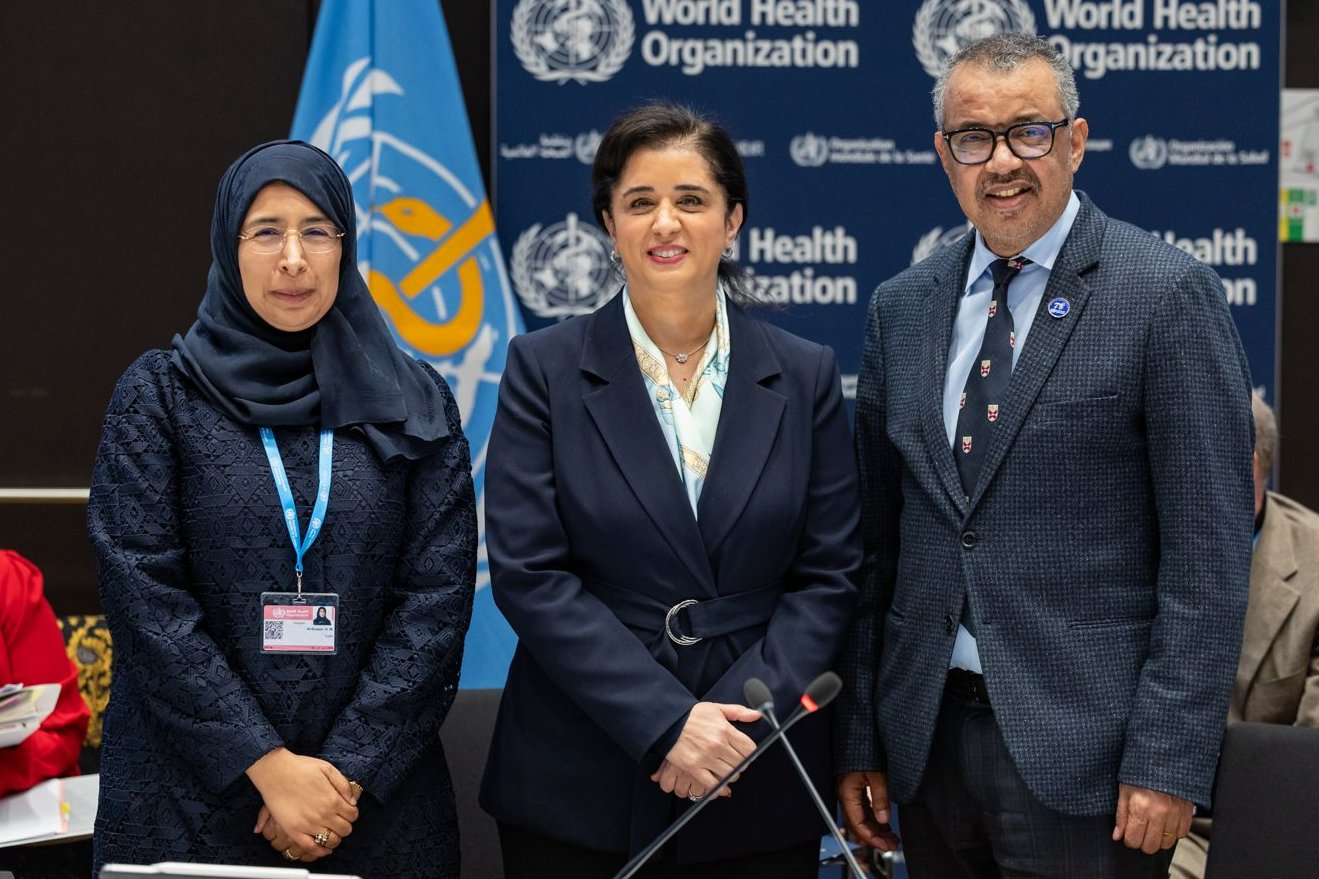

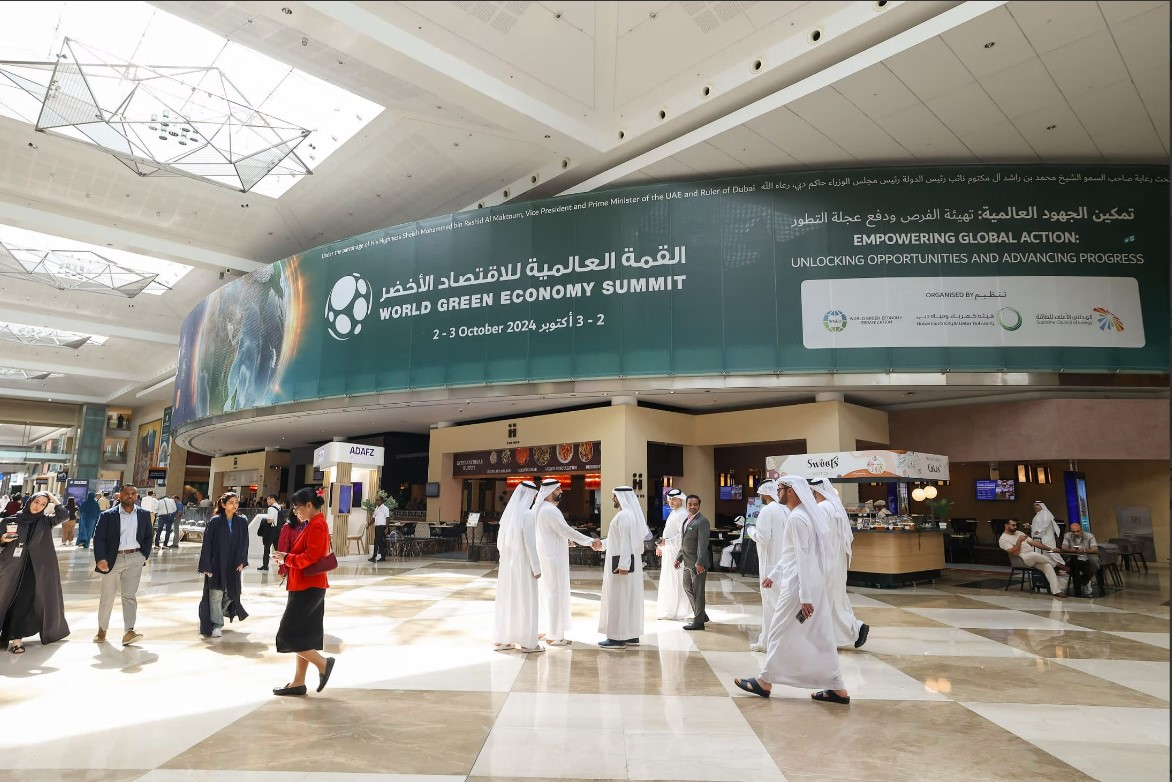
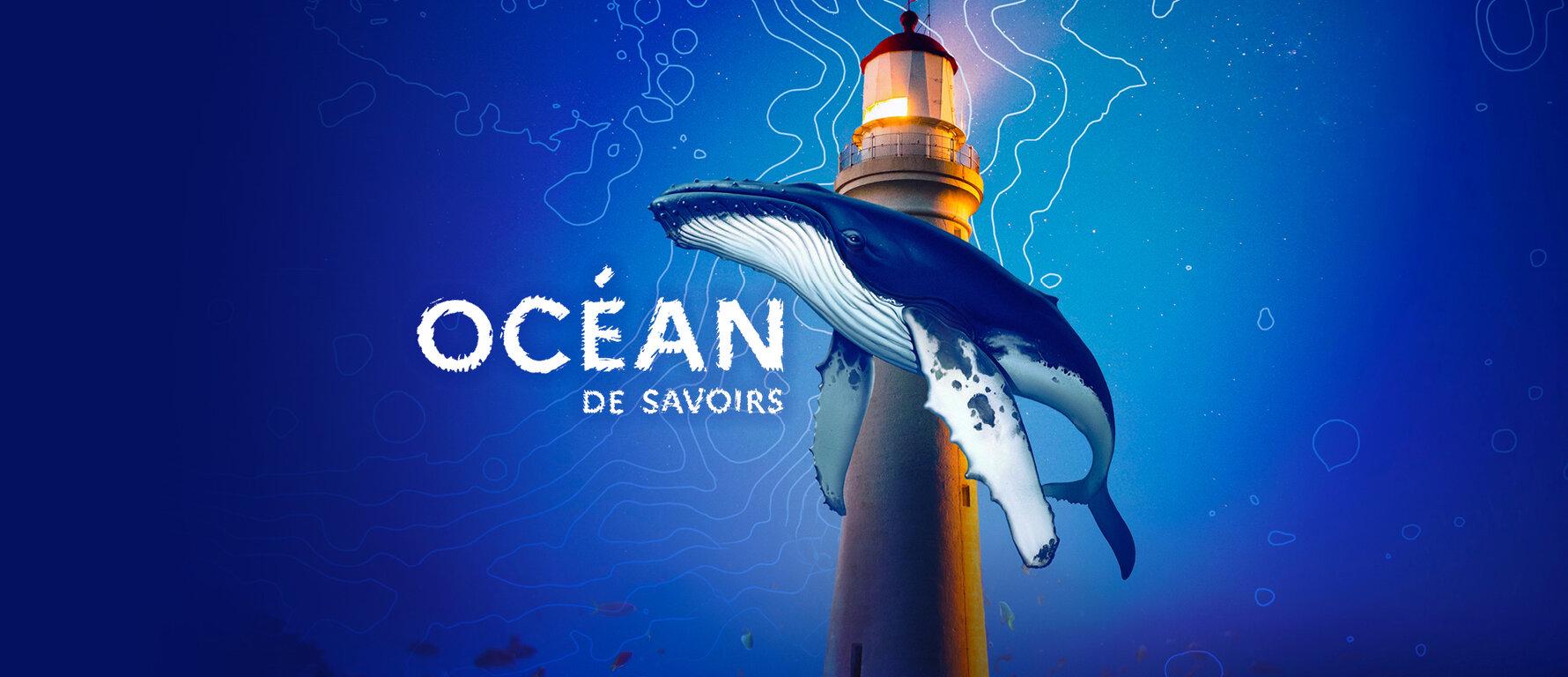


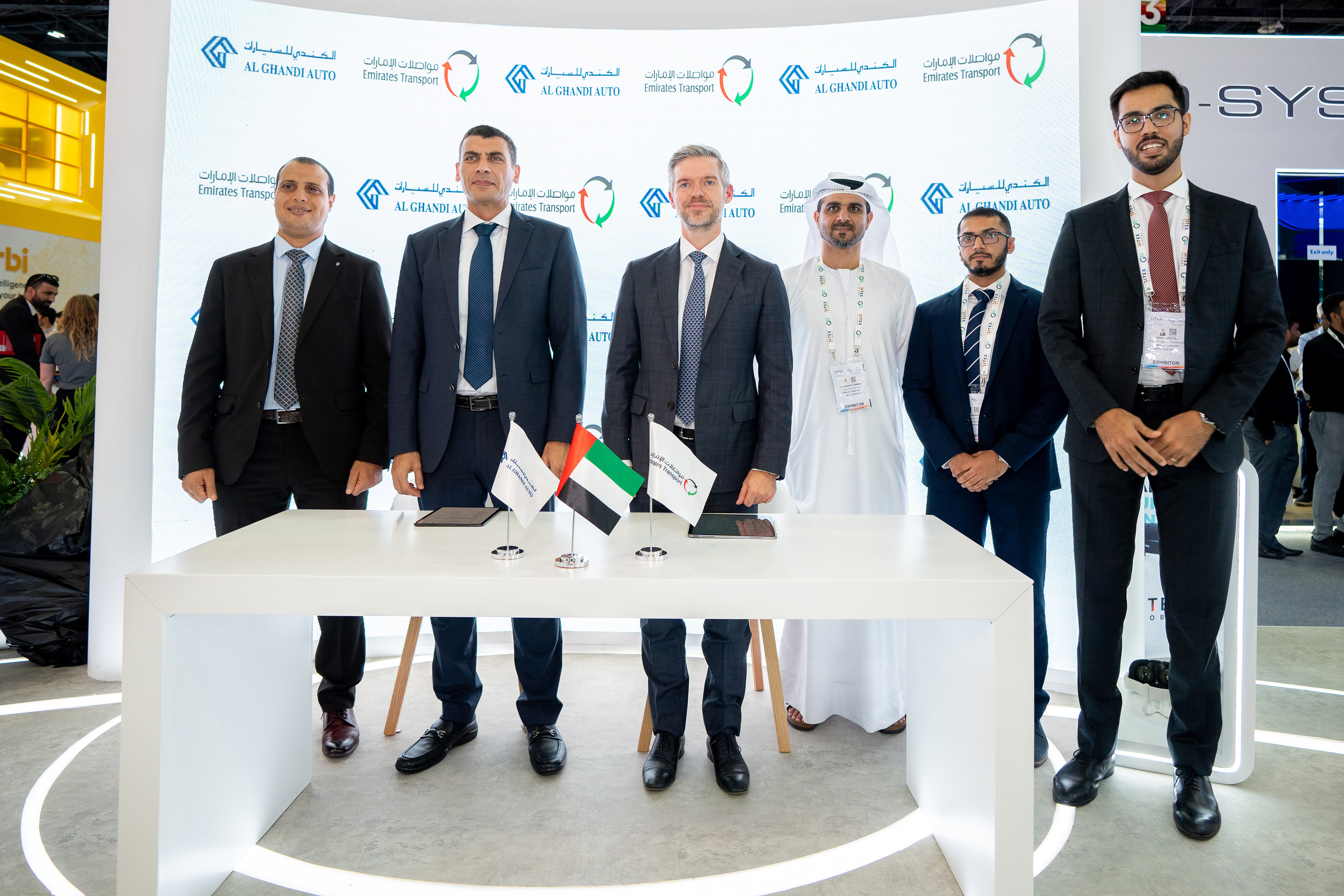
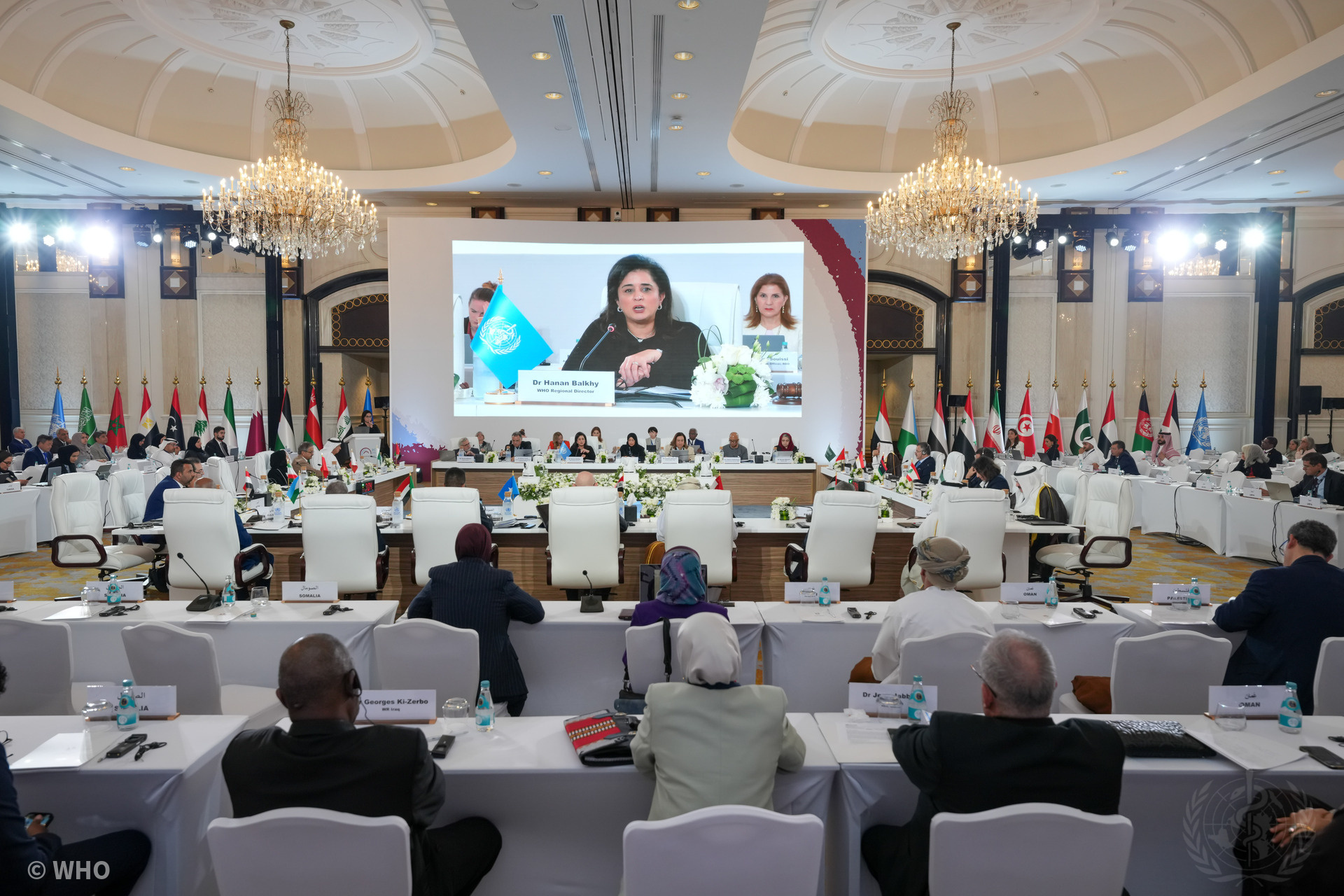

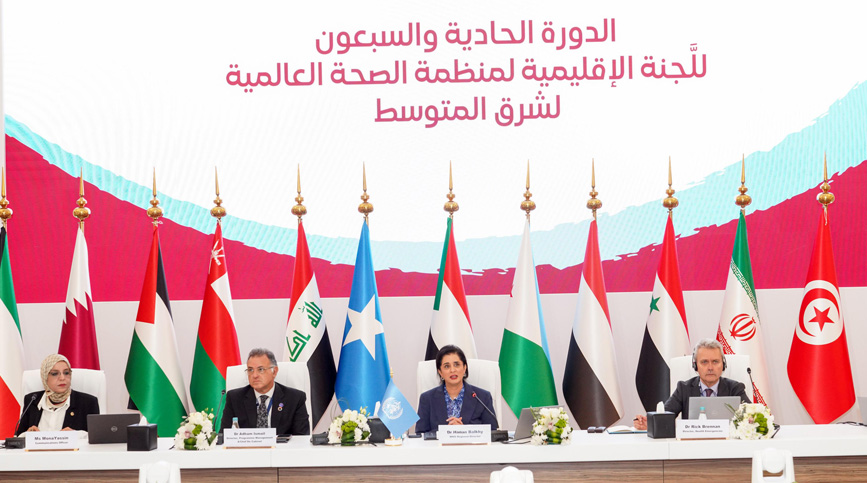
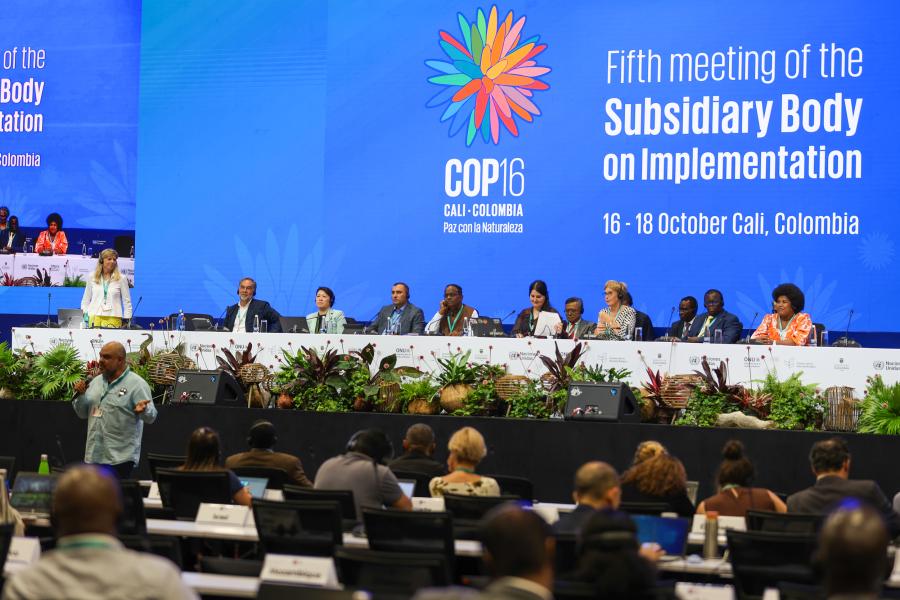

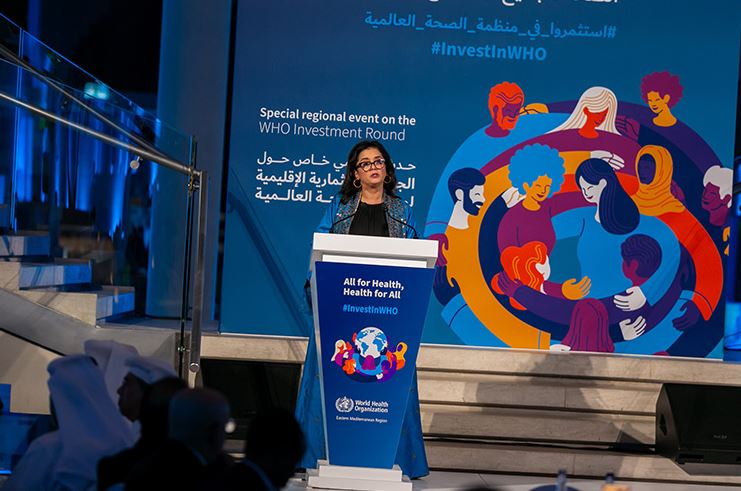

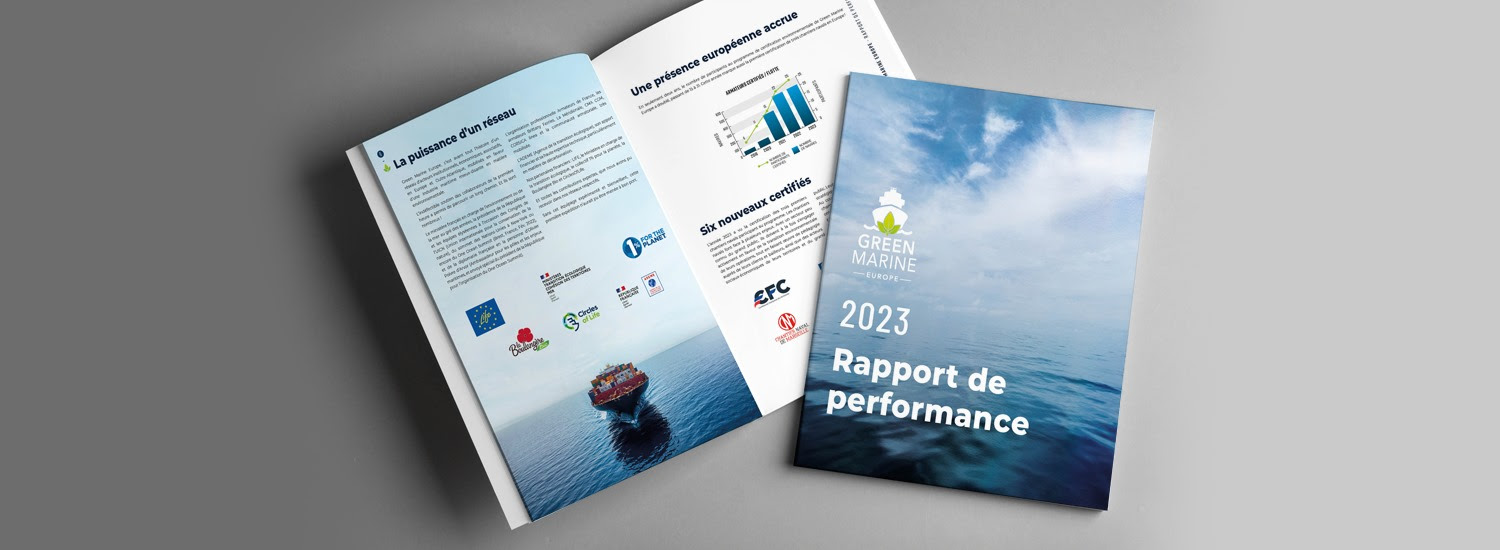
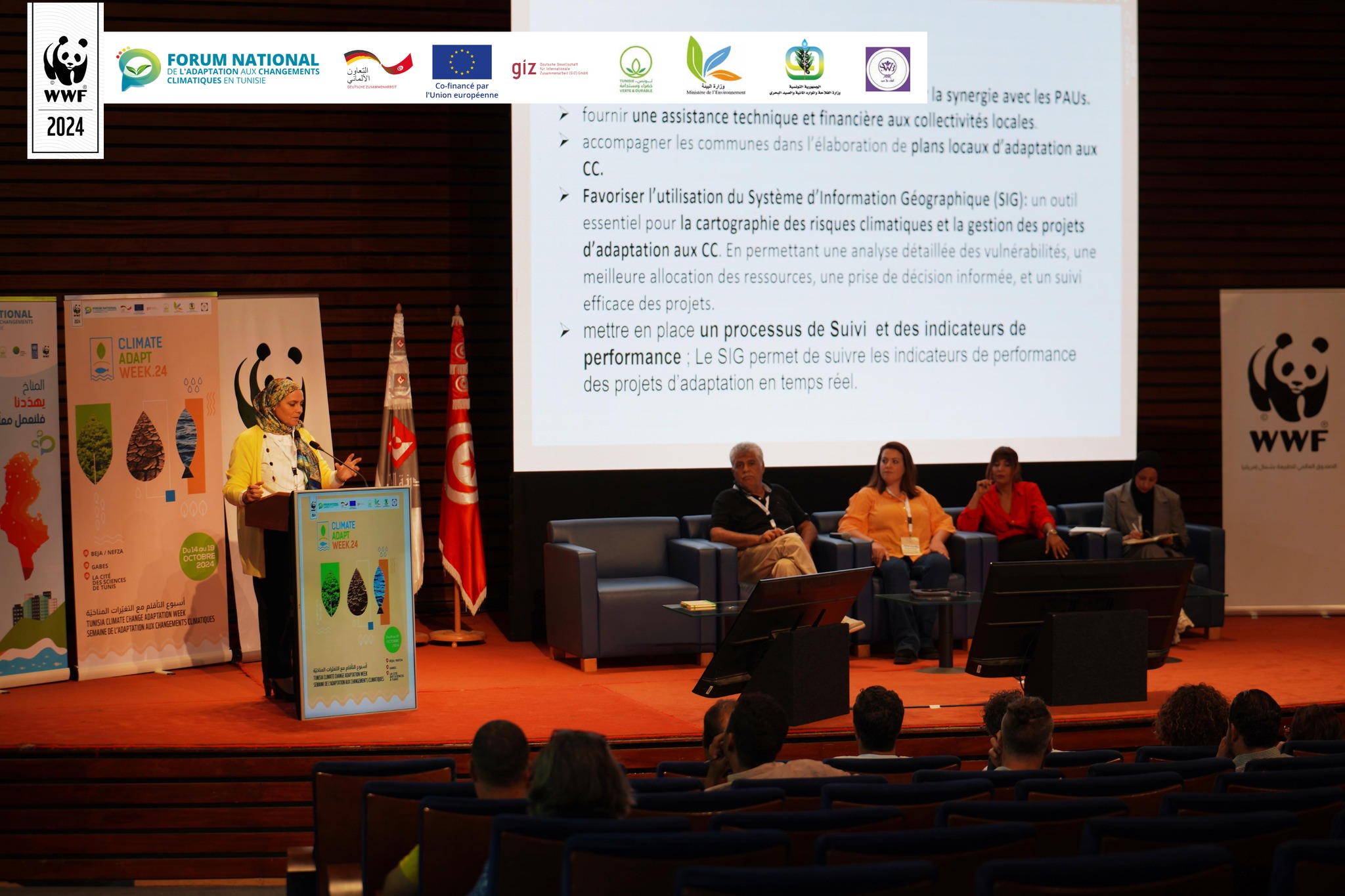
.jpg)
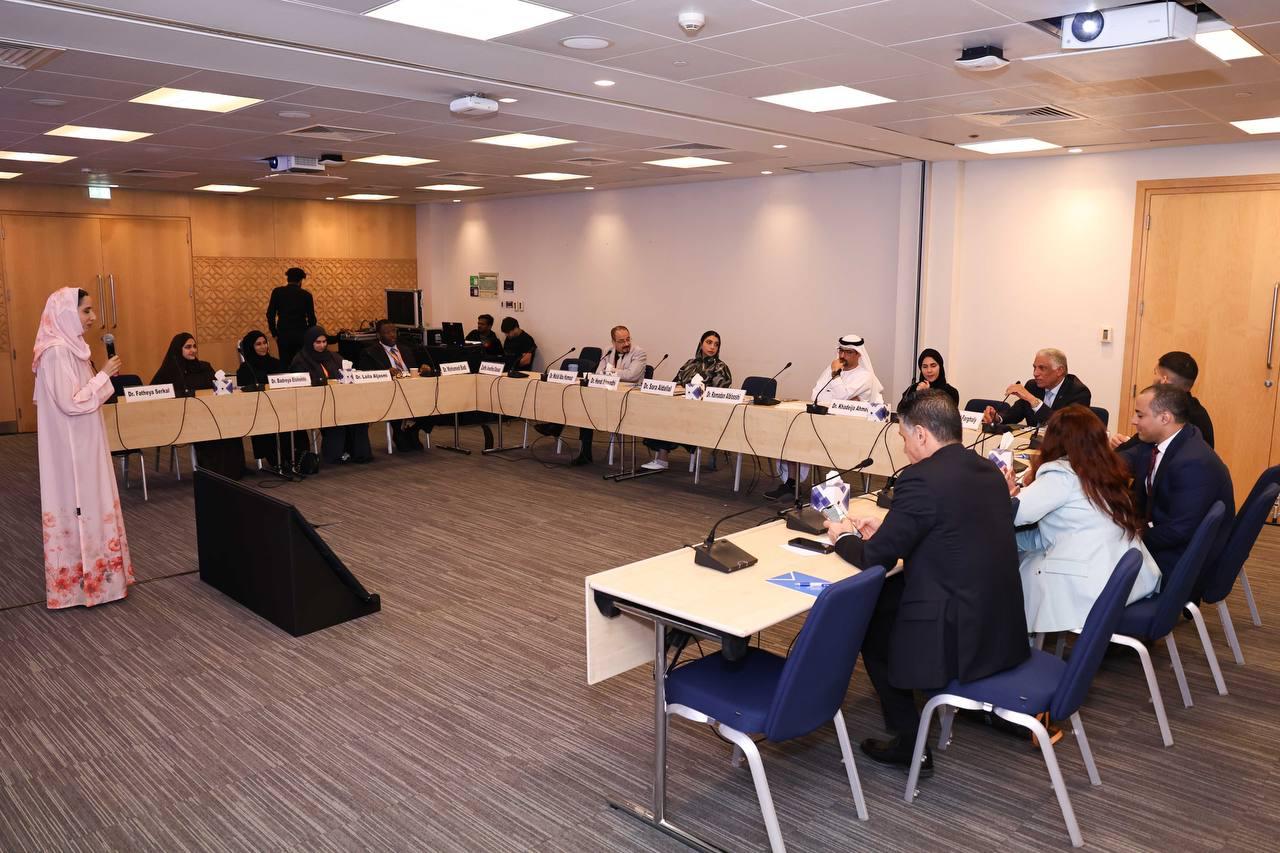
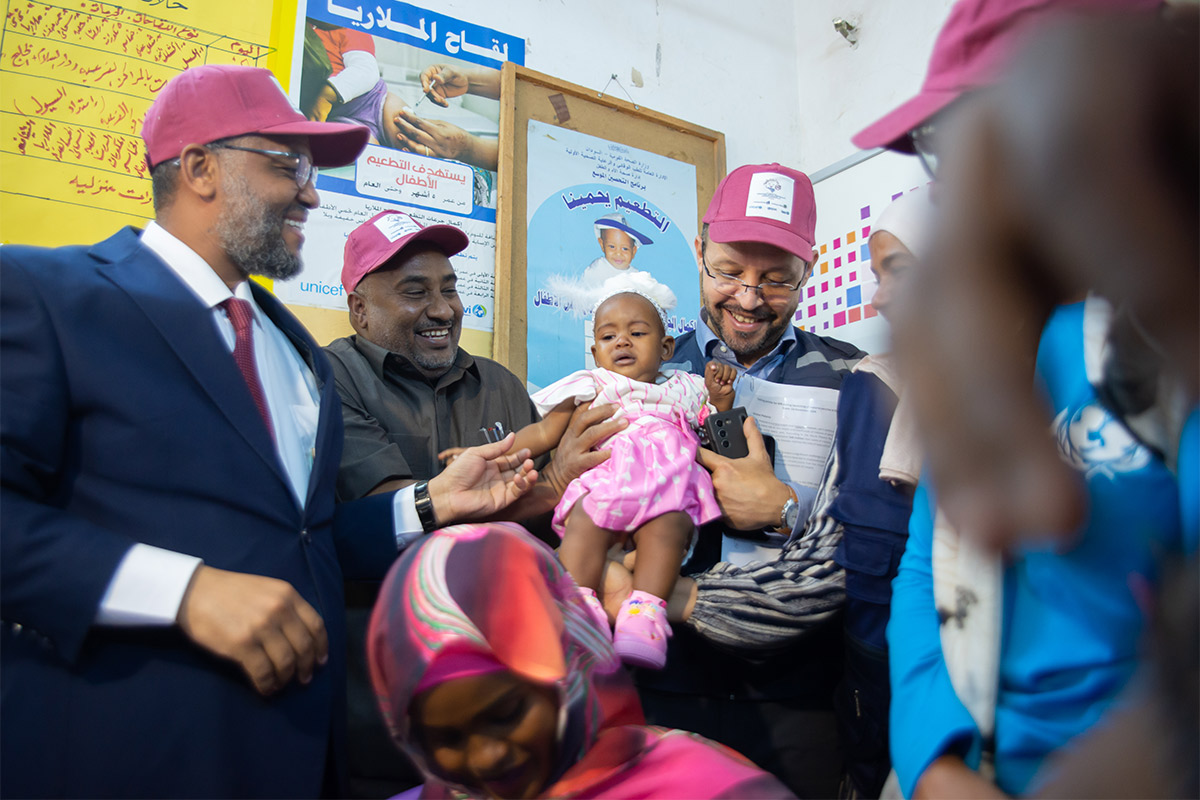
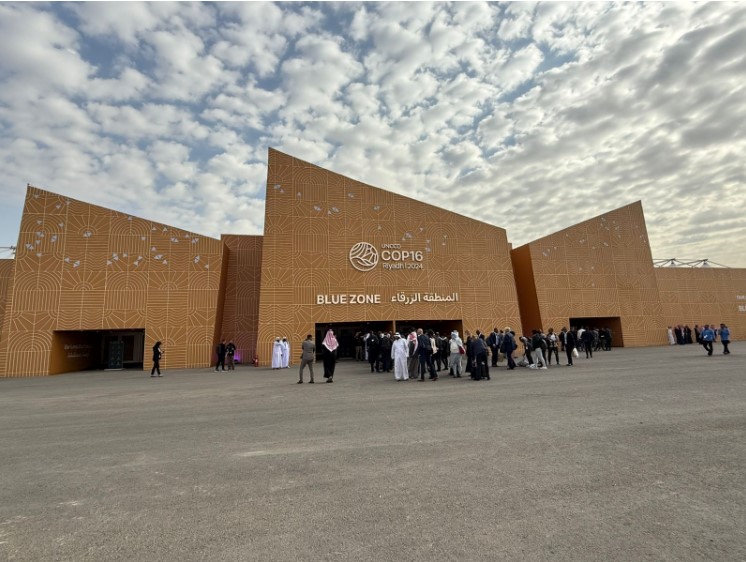
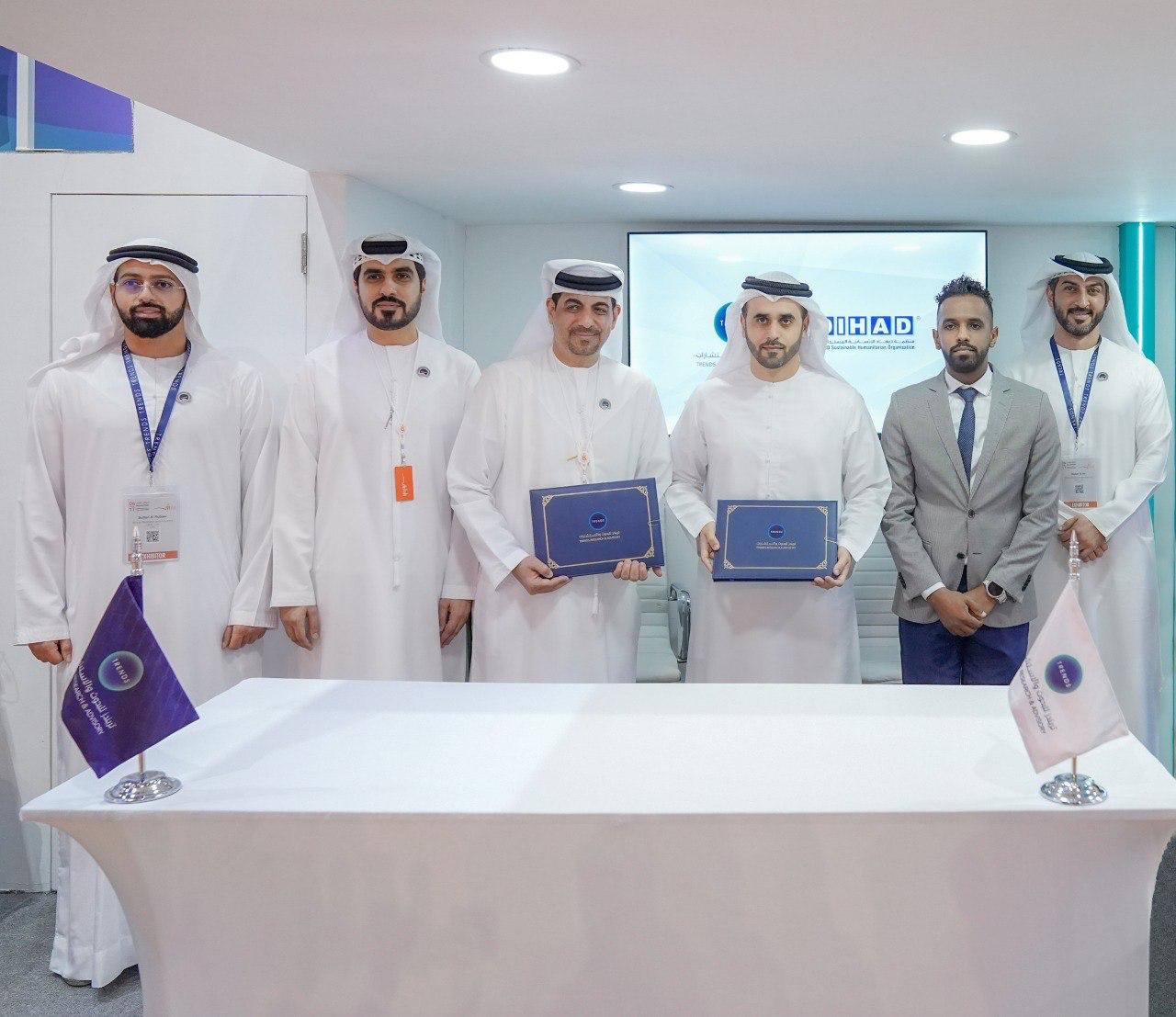
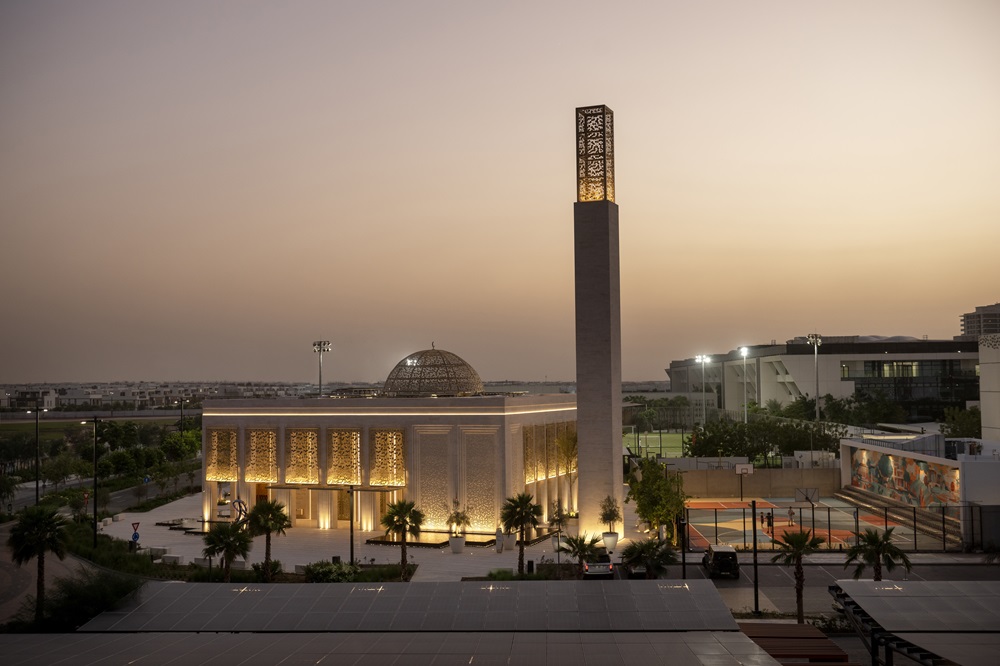
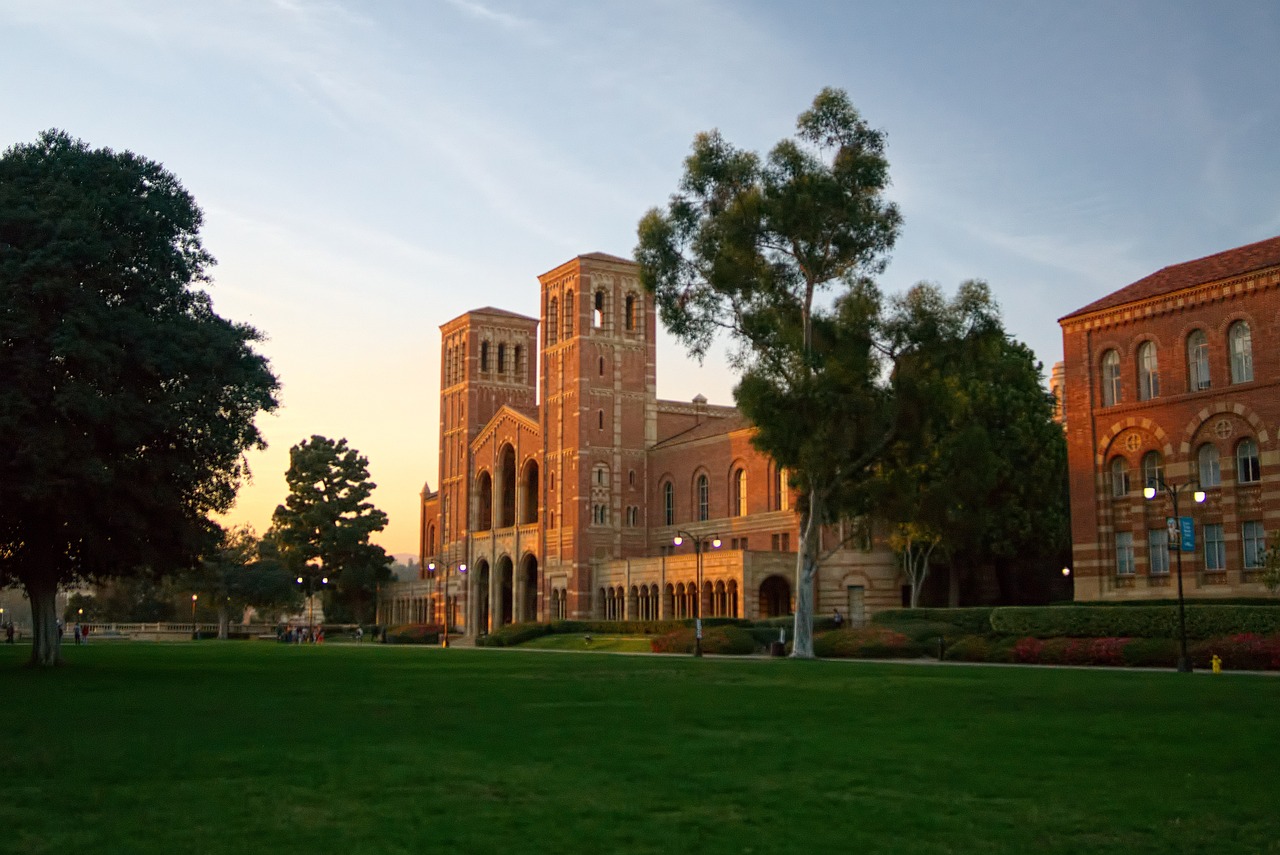
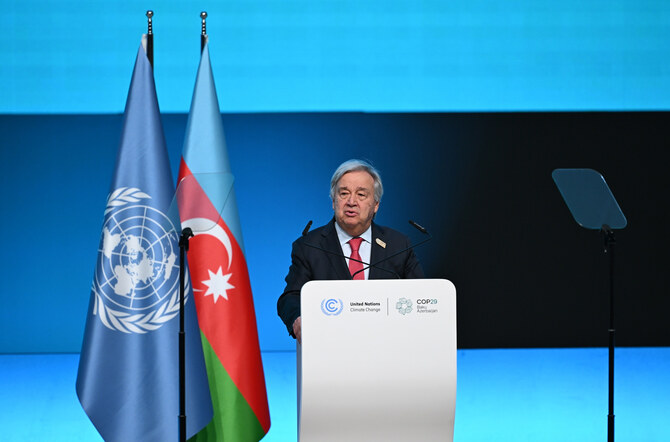
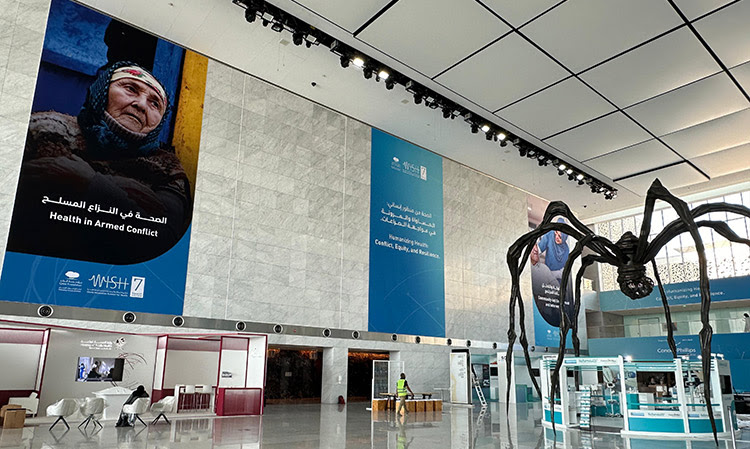



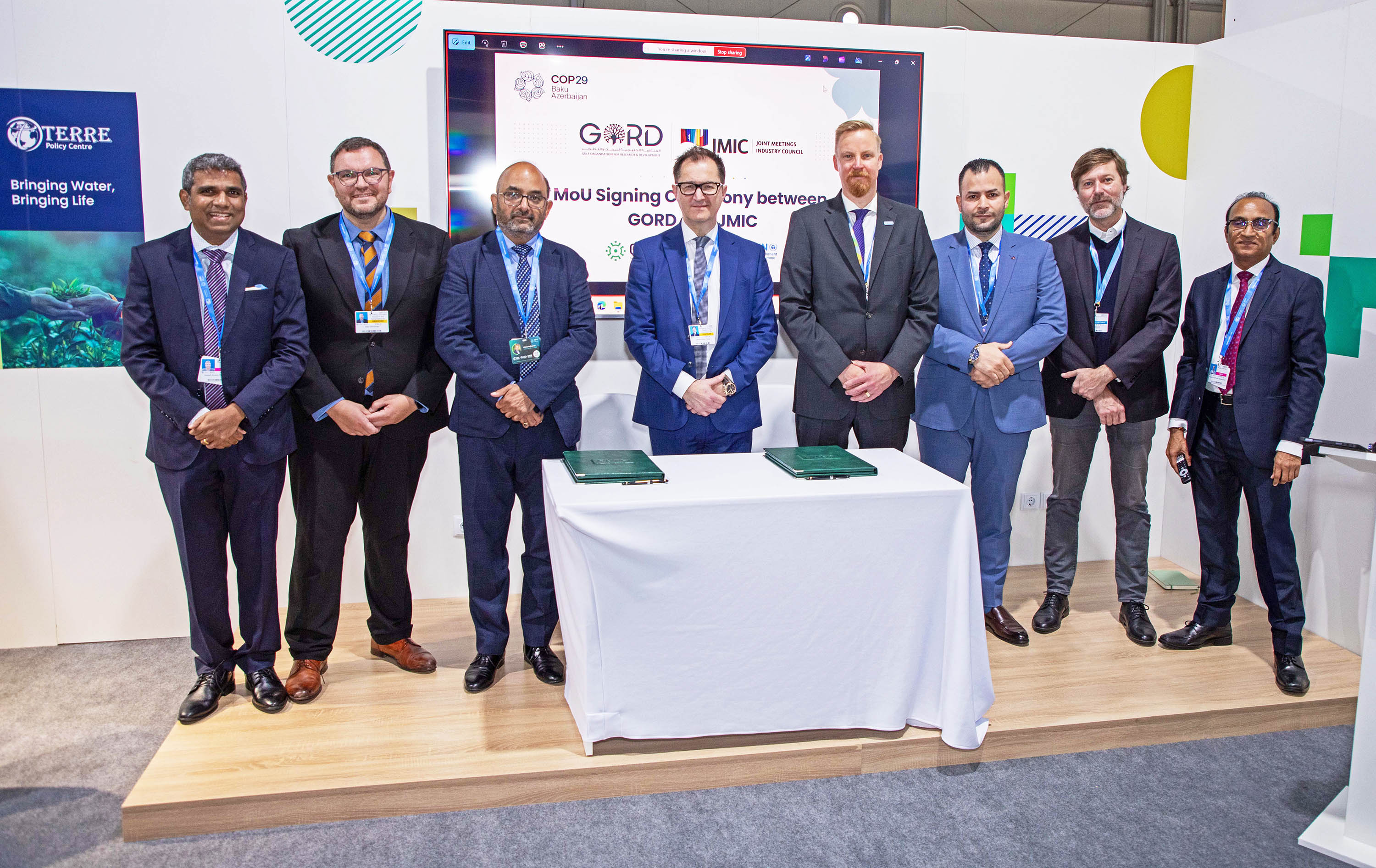
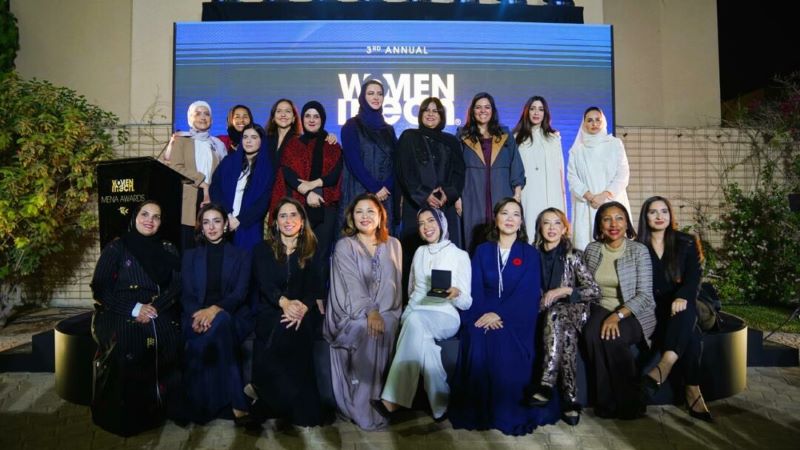

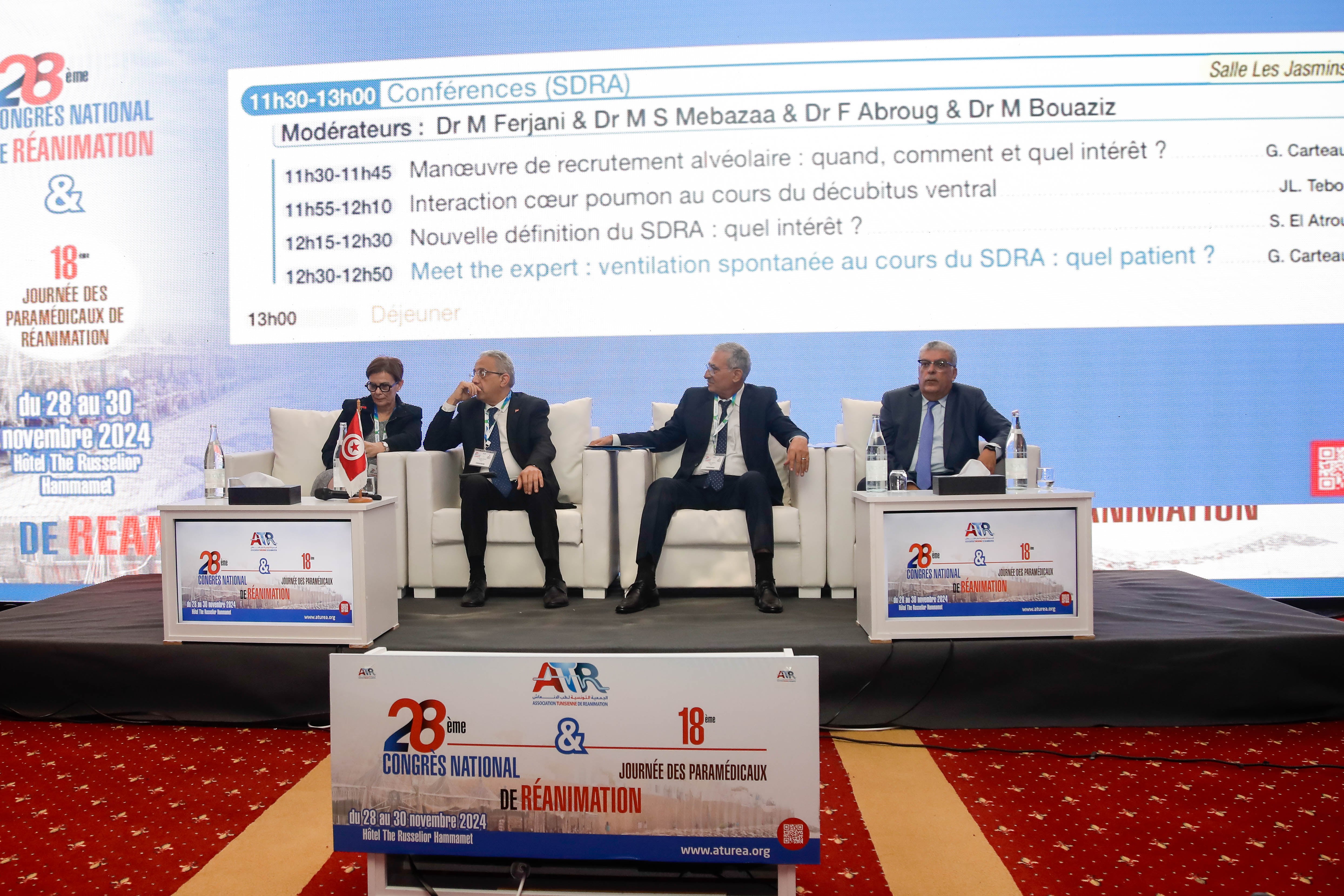
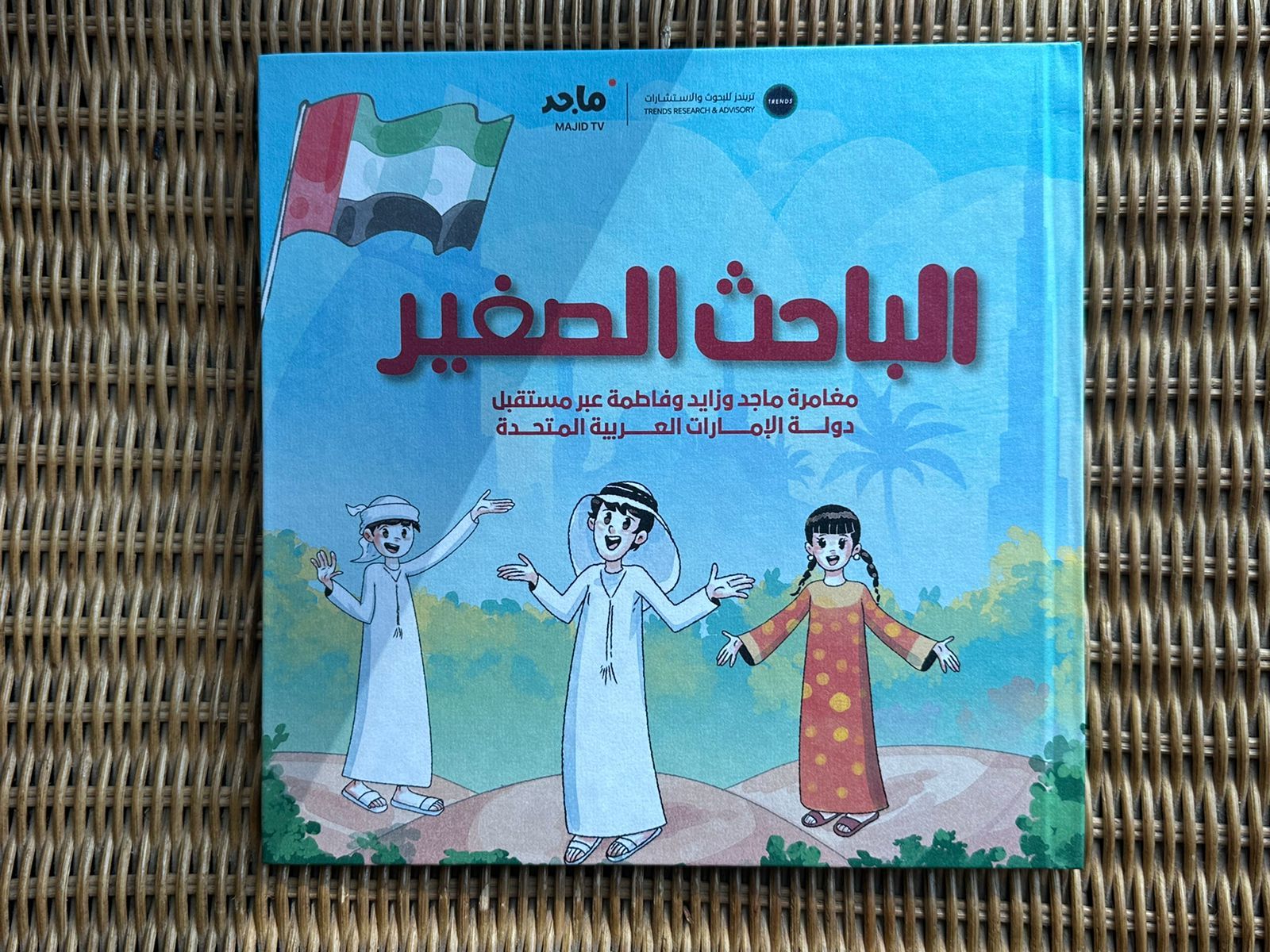
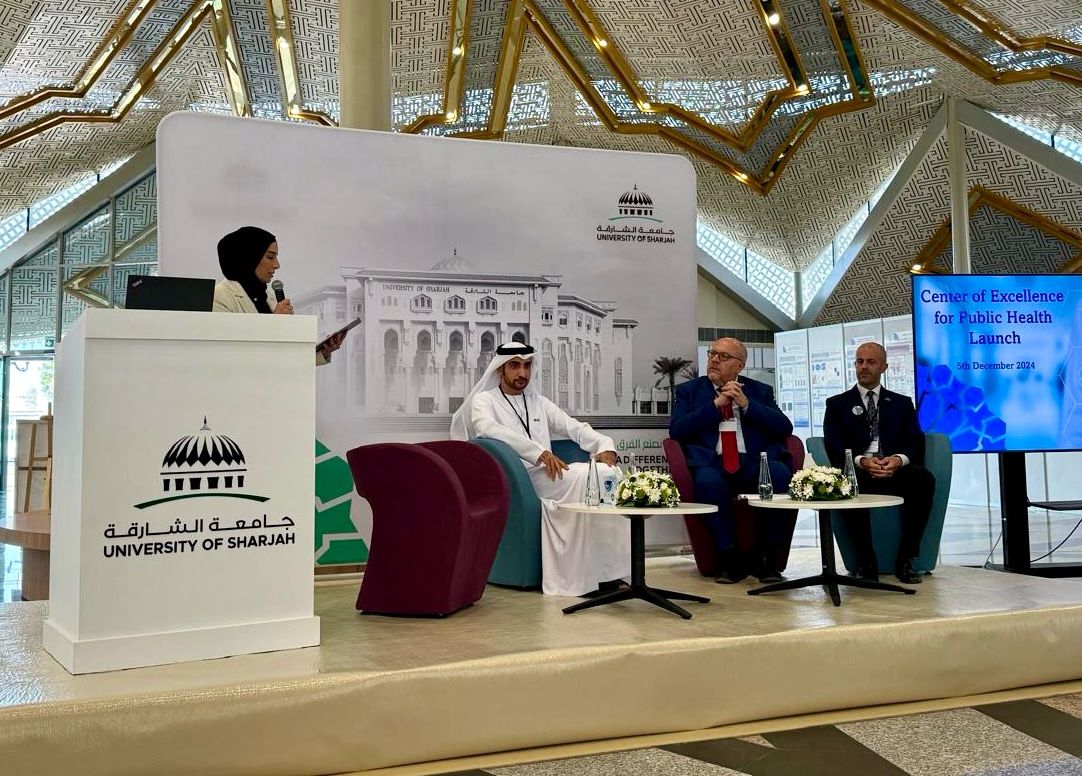


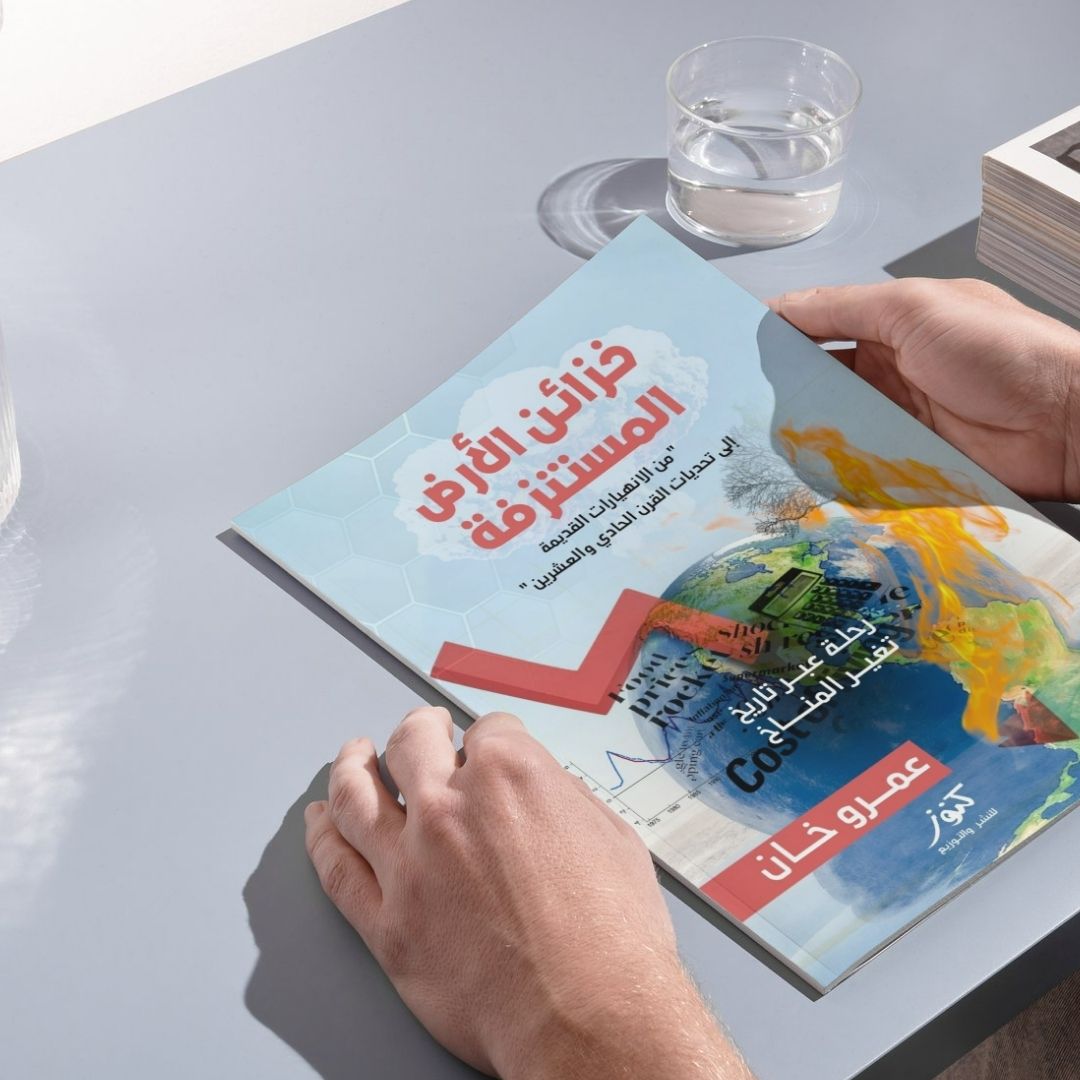
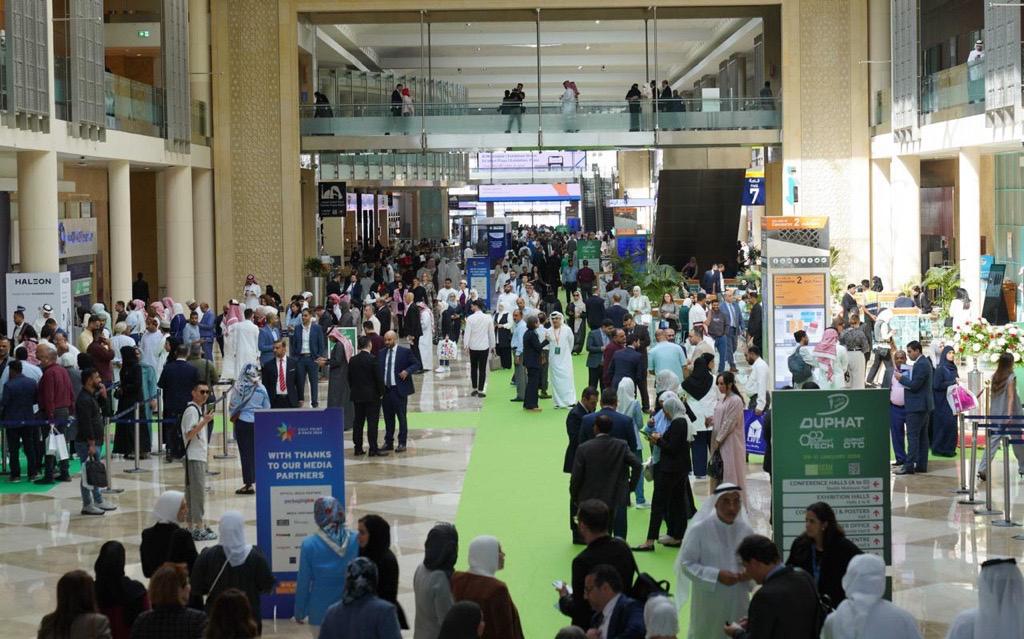


Add Comment